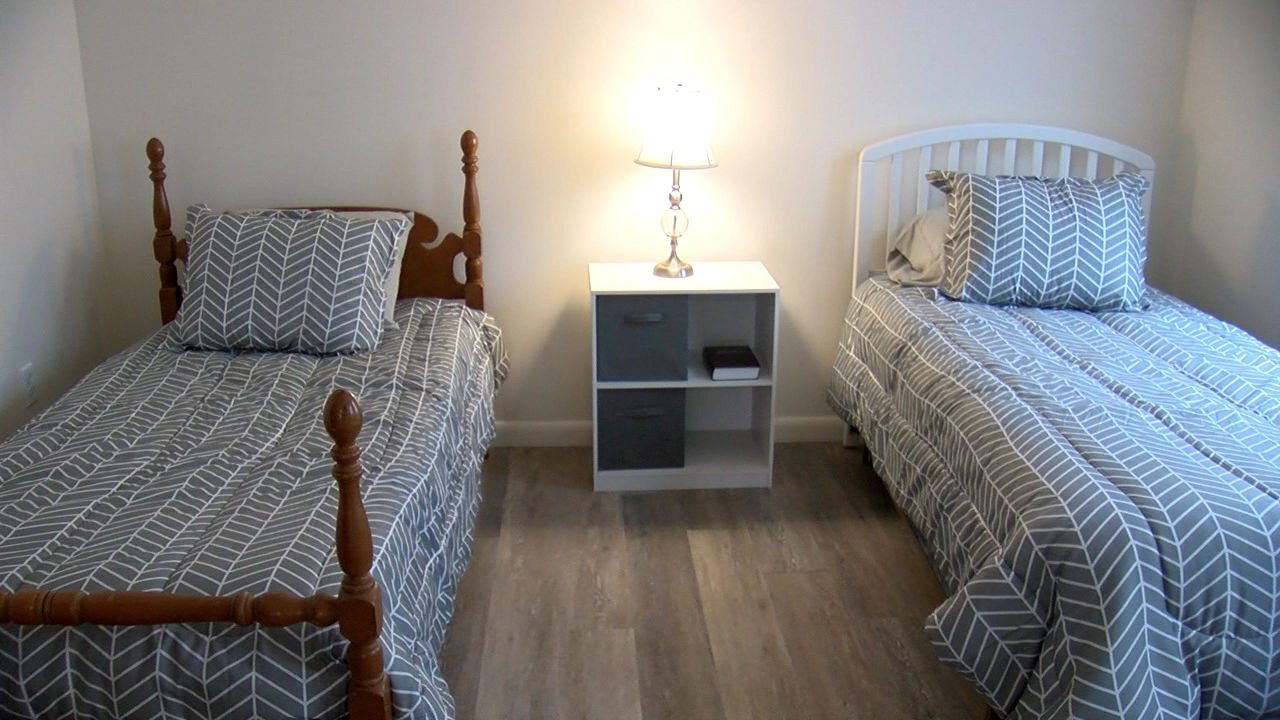No two people experience homelessness the same way. Some have a mental health diagnosis; some do not. Some are living with addiction; others are not. Some spend each night in a shelter, while others sleep in doorways, cars, or encampments. Yet, everyone experiencing homelessness shares one thing in common: they do not have a safe or appropriate place to live.
Similarly, it is unlikely that any two people have the same path out of homelessness. Some will find long-term stability by reconnecting with family or friends. Others will find new housing, get a new job, or connect with benefits that quickly allow them to exit homelessness on their own. Some will need more intensive support like rapid re-housing or permanent supportive housing to help them find housing, pay for it, and maintain it.
Yet, one thing can resolve anyone’s homelessness crisis: reconnecting with permanent housing.
The research is irrefutable: Housing First is the most effective approach to ending homelessness for most individuals and families. Think the unhoused are on the street because of drug and alcohol problems or because of a mental illness? There are millions of Americans who have drug and/or alcohol problems or mental issues who live in really nice homes and make a lot of money. Their struggles are real! Now imagine if they were living under a bridge; that struggle just got multiplied hundreds of times.
Because it’s 2023 and a portion of society doesn’t believe in science and equal rights for all, there is another narrative about Housing First. Alayna Calabro had a tremendous Twitter post about the myths of the most crucial program to end homelessness.
Some other facts…
- Housing First cut Veterans homelessness in half!
- Here is more concrete research on why Housing First is the gold standard for ending homelessness.
There are a lot of opinions and competing theories as to the cause and cure for homelessness. There is no debate when it comes to helping the unhoused permanently. It’s Housing First.
